IFSA Global EXPO 2025: Tackling Cabin Waste is Key to an Increasingly Sustainable Industry
Share
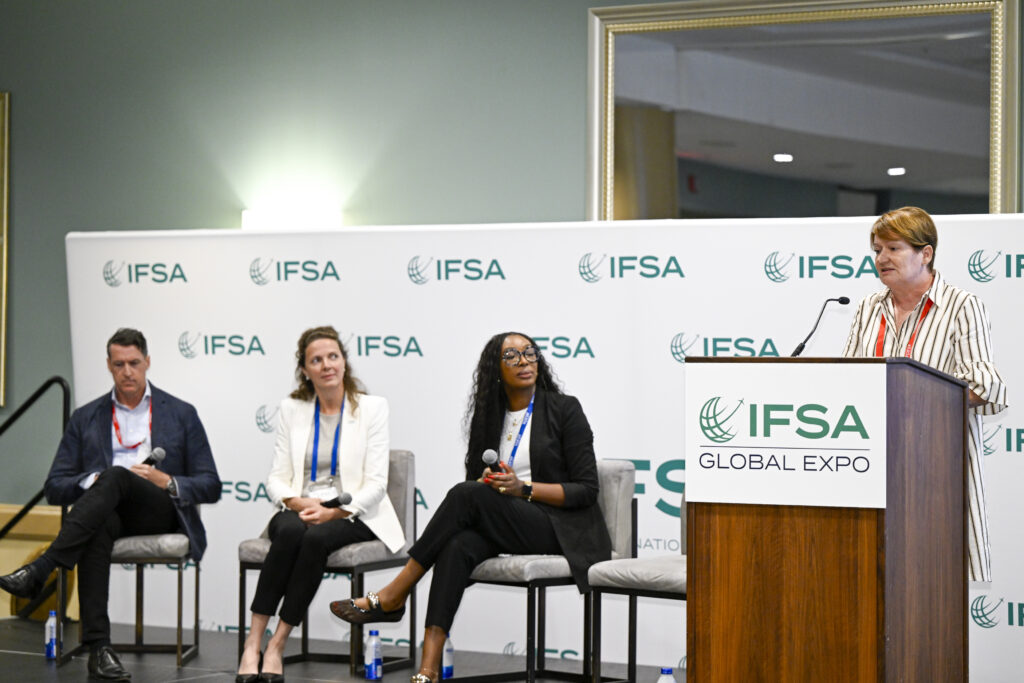
At the 2025 IFSA Global EXPO 2025, a panel tackled how airlines can better manage cabin waste in the near term. Titled The Green Shift: Advancing Environmental Stewardship Onboard, the session highlighted the need to link strong operations with a deep commitment to sustainability.
Moderated by Diana Cawley, CEO of the Aviation Sustainability Forum (ASF), the panel featured Tosin Durotoye, innovation strategist at Delta Air Lines; Matrix de Vries, food and product specialist at KLM; and Chris Kinsella, Chief Commercial Officer of gategroup North America. Together, they shared the belief that better data, more innovative product design, and closer collaborations will ultimately mean reaching sustainability goals will become part of daily catering practices.
ASF Outlines the Reason for Acting Now, Not Later
Diana Cawley opened the session with an important warning, explaining that aviation fleets and passenger numbers are on track to more than double by 2050. Without action, the industry’s share of global CO2 emissions could rise from 3 per cent to almost 20 per cent. “The great news is the sector’s growing,” she said. “But with that, the waste is growing.” She continued that while sustainable aviation fuel will help in the long term, the immediate challenge is cabin waste.
“Total sealed beverage waste is 406,000 tons. We are not doing anything with that at the moment.”
– Diana Cawley, ASF
ASF studies this issue through cabin waste audits, using an IATA-approved method that categorizes all items left on aircraft by type. The results show a clear pattern. “What that roughly gives us is about 63 per cent of the waste being beverage and food,” Cawley said. Other contributors include plastics, paper, glass, and aluminium.
Rising passenger numbers are exacerbating the problem. Between 2024 and 2025, ASF tracked an increase from 4.7 to 5.2 billion passengers, which resulted in a rise from 3.6 to 4.0 million tons of cabin waste. “It is growing and growing unless you do something about this,” she stated.
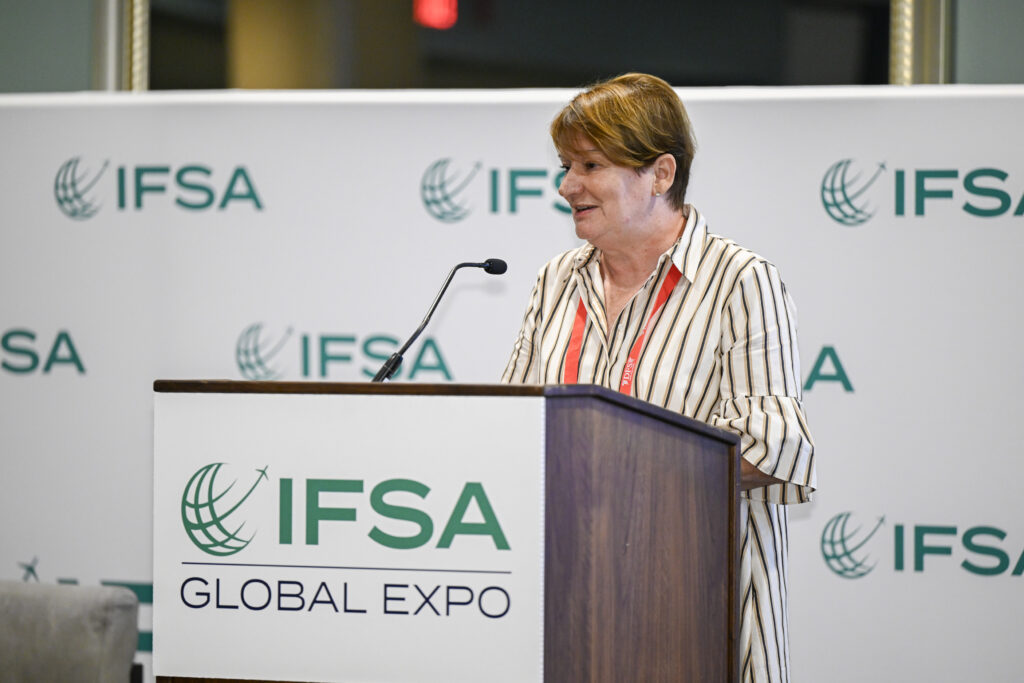
Cawley advised the aviation industry to focus on four key essentials: understanding different regional regulations, developing the ability to reduce and recycle waste, enhancing the quality of their waste data, and linking financial costs to waste and fuel consumption.
She then pointed to the sheer scale of the opportunity: Airlines deplane about 13 billion plastic bottles and nearly 5 million aluminium cans every year. Even unopened items add up. “Total sealed beverage waste is 406,000 tons,” she said. “We are not doing anything with that at the moment.” To address this, Cawley argued, airlines require better data, standardized protocols, and onboard training, along with technology that can consolidate scattered efforts into tangible progress.
“I was able to capture one million drawers coming into our kitchens. That volume of data allows you to make these really confident, data-driven decisions.”
– Tosin Durotoye, Delta Air Lines
A Shift from Downstream Recycling to Upstream Design
gategroup North America Chief Commercial Officer Chris Kinsella described the caterer’s constraints and opportunities. Policy fragmentation is a daily reality that slows progress. “There’s not a standard global policy around recycling,” he said. “In the North American market, you have varying policies, whether it is country to country, state to state, airport by airport.”
The company’s response begins with fundamentals and progresses with data. Baling cardboard, recovering cooking oil, capturing aluminium, and recycling pallets and shrink wrap remain essential. Composting pilots are running in Edmonton, with more sites targeted in the US.
The larger shift is design. “We need to shift as caterers from the downstream mentality to an upstream mentality,” Kinsella said. As such, gategroup now uses AI and visual insights in dish rooms to learn what is returned, what is consumed, and what goes missing. “Standard cabin waste reports” and a “waste consumption analysis report” now inform menu design and loading. “For the longest time, companies like ours did not have that metric,” he added.
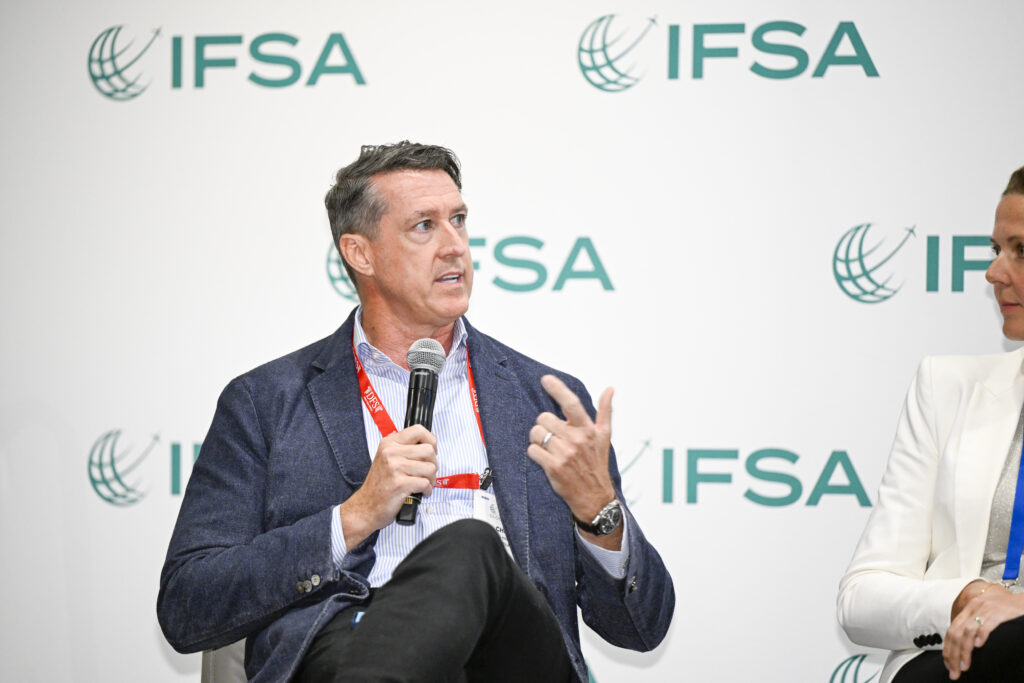
From the airline side, KLM’s Matrix de Vries cited a regulatory breakthrough with immediate results. In 2024, the European Commission clarified the rules for Category 1 waste for inbound flights. “Any product that has not been in contact with food can actually recycle,” she said. That transformed inbound sorting in Amsterdam. “Out of the EU, the waste that comes in from our safety plus destinations, we can actually segregate some of that and send it to a recycling plant instead of sending it to landfill.”
Procurement also supports ethics and cost control when scaled with airline partners. On packaging, a gategroup sister company builds rotables with end-of-life recovery in mind. “Once they degrade, they are collected and then brought back to the factory, where they are ground. Those materials come back into play,” Kinsella said.
“In the North American market, you have varying policies, whether it is country to country, state to state, airport by airport.”
– Chris Kinsella, gategroup North America
KLM Embraces Changing EU Regulations
The impact is tangible. On European flights alone, KLM collects about 80,000 kilograms of plastic wine bottles per year, a figure that rises on long-haul routes. The cost to enable it is modest. “I think the biggest investment that we had to do is training our crew in how to segregate it on the flight,” de Vries said.
The trick is teaching nuance. Crews must understand why inbound sorting to Amsterdam is permitted, while outbound sorting to the United States or other countries is not. Dutch crews have an advantage because sorting by material at home is second nature, but the airline still had to embed consistent procedures, she noted.
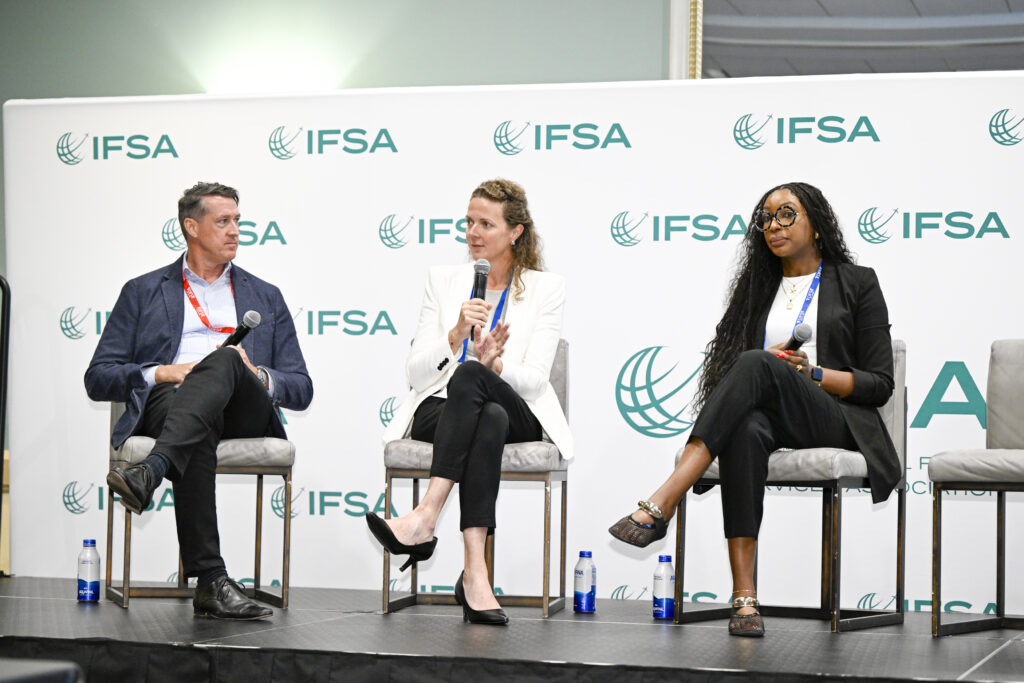
KLM’s cabin approach follows a simple mantra: reuse, reduce, recycle. The weight versus service balance is always present, de Vries acknowledged. Pull too much off the aircraft, and the customer may feel the cutback. Load too much and weight, fuel burn, and waste all rise.
The Case for Smart Loading
Delta Air Lines Innovation Strategist Tosin Durotoye argued that airlines cannot fix what they cannot see. “It is very hard to take action if you do not know what to focus on,” she said, highlighting that habit and the cultural urge to never run out can push ratios above real demand.
“You are in the kitchen, dumpster diving,” she said of Delta’s initial manual audits. However, scale arrived with the automation of the process. “I was able to capture one million drawers coming into our kitchens,” Durotoye said. The result was a clear view of preferences. “The volume of data allows you to make these really confident, data-driven decisions.”
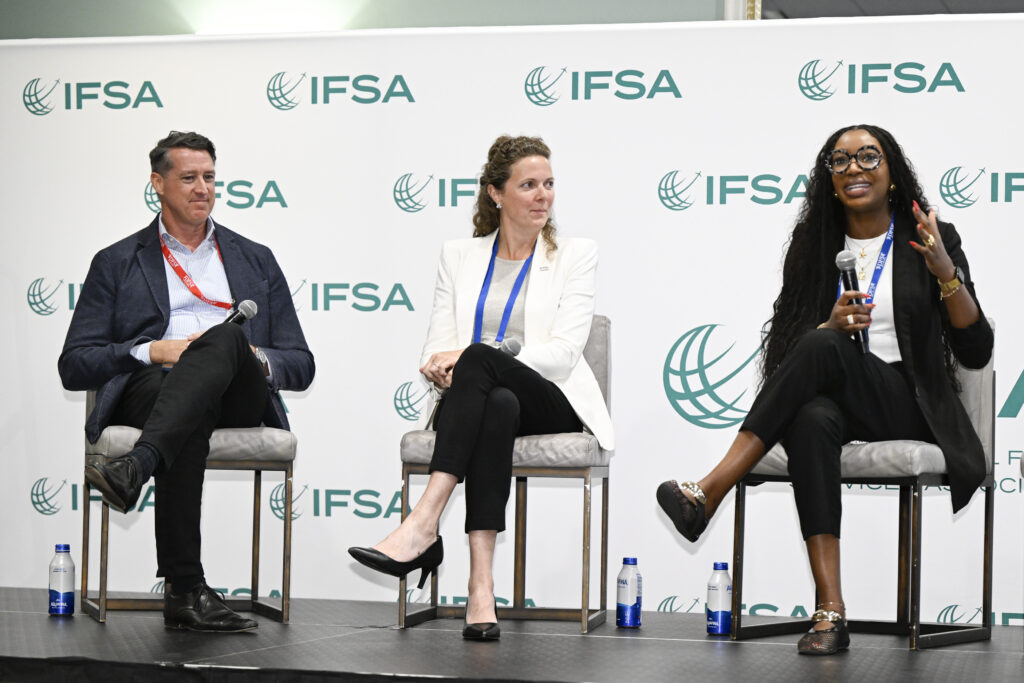
That evidence paid off. “We have used technology at Delta Air Lines to save on millions of dollars,” she said, citing portion changes, product swaps, and smarter builds. Large sample sizes also win buy-in. “If I bring in the tech and I say, I looked at a million drawers, they are going to say, okay, tell us what you found.”
Pre-order helps, but it does not solve everything. Durotoye said that international routes benefit most from it, but that the concept of domestic upgrades introduce uncertainty that necessitates ongoing consumption analytics.
Delta reboards sealed beverages when permitted by the rules, while monitoring the fuel penalty associated with hauling unused weight.
“Out of the EU, the waste that comes in from our safety plus destinations, we can actually segregate some of that and send it to a recycling plant instead of sending it to landfill.”
– Matrix de Vries, KLM
Collaboration is Key to Cabin Waste Reduction Success
Throughout the discussion, collaboration kept surfacing as the essential part for the green shift towards less wasteful cabins. Cawley pointed to common standards that make life easier for everyone, even down to the colors of bags and labeling.
Kinsella asked airlines and caterers to meet upstream on the design choices that predetermine waste, and to use joint data to adjust menus. De Vries argued for international regulators to replicate the European clarity that unlocked meaningful recycling in Amsterdam. Durotoye pushed leaders to champion internal change agents who can introduce new tools and ways of working.
Audience questions reinforced the theme. Regarding composting, Kinsella confirmed the importance of active pilots and care in choosing the right facilities, as not all facilities accept the same inputs, including certain bioplastics. On ethical sourcing and cost, he encouraged airlines and caterers to leverage combined buying power and local procurement options, while still tailoring to each carrier’s brand and budget. “There is a tremendous amount of buying power,” one audience member observed, noting how other sectors have pooled demand to bring down costs for cage-free eggs.
Partnerships with technology providers are also maturing. A vendor who helped count Delta’s drawers asked how to maintain strong airline and caterer relationships. Kinsella asked for speed. “We are dipping our toes into a lot of work that was on a slide deck just about a year or two ago,” he concluded.
